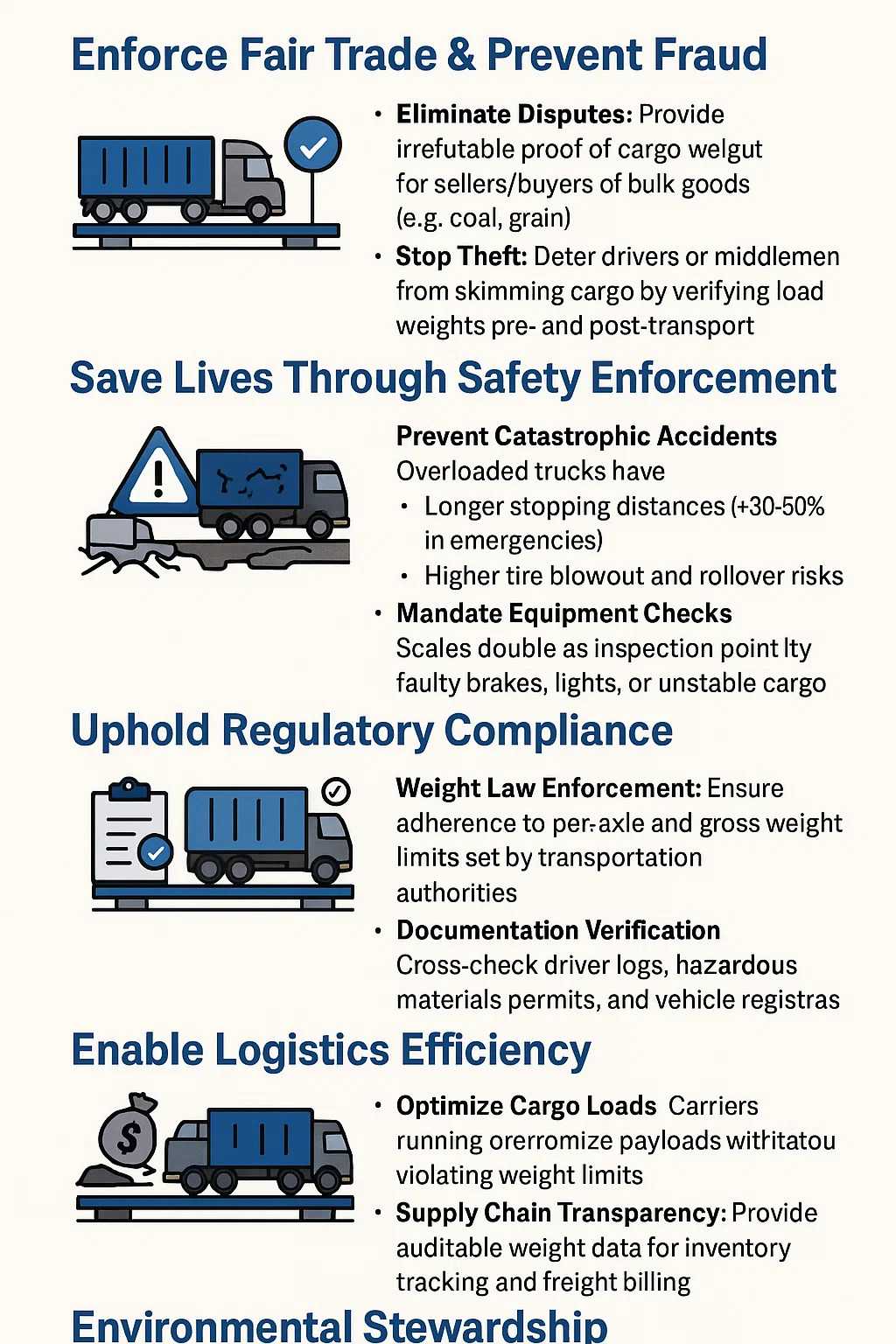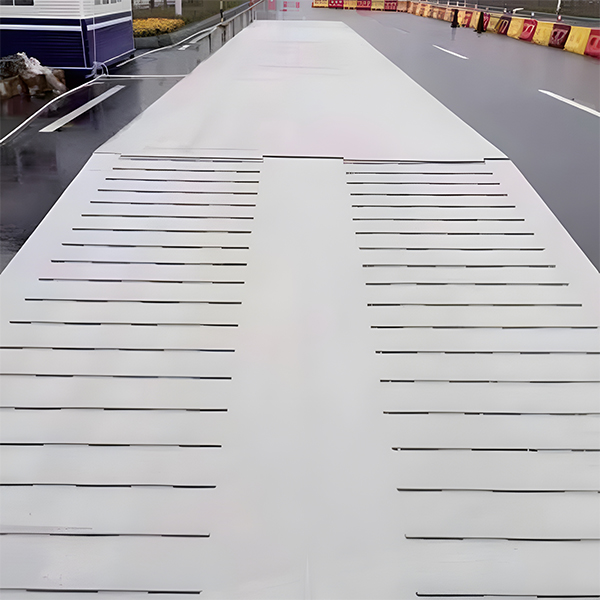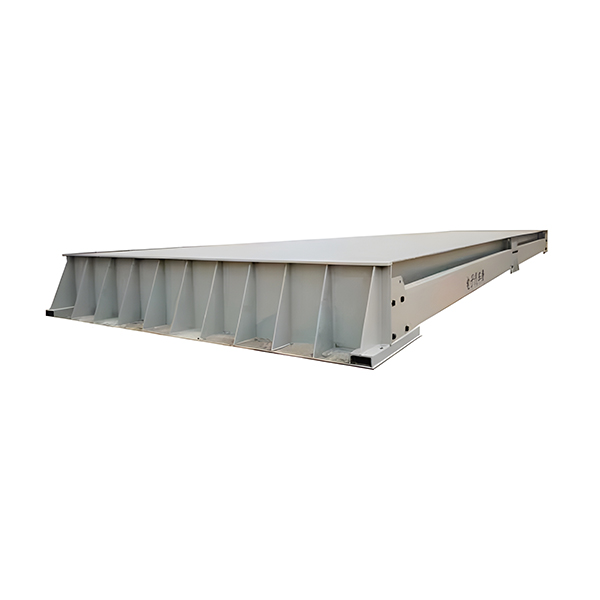Web Menu
Product Search
Exit Menu
Why do truck scales exist?
Truck scales exist as critical infrastructure because they resolve fundamental challenges in commerce, safety, and public welfare. Below is a breakdown of their indispensable roles:
Content
1. Enforce Fair Trade & Prevent Fraud
Eliminate Disputes: Provide irrefutable proof of cargo weight for sellers/buyers of bulk goods (e.g., coal, grain).
Stop Theft: Deter drivers or middlemen from skimming cargo by verifying load weights pre- and post-transport.
2. Protect Roads & Bridges
Combat Infrastructure Destruction: Overweight trucks accelerate pavement cracking, bridge fatigue, and pothole formation.
Shift Cost Burden: Without scales, taxpayers absorb billions in road repairs caused by overloaded trucks.
3. Save Lives Through Safety Enforcement
Prevent Catastrophic Accidents: Overloaded trucks have:
Longer stopping distances (+30–50% in emergencies).
Higher tire blowout and rollover risks.
Mandate Equipment Checks: Scales double as inspection points for faulty brakes, lights, or unstable cargo.
4. Uphold Regulatory Compliance
Weight Law Enforcement: Ensure adherence to per-axle and gross weight-axle and gross weight limits set by transportation authorities.
Documentation Verification: Cross-check driver logs, hazardous materials permits, and vehicle registrations.
5. Enable Logistics Efficiency
Optimize Cargo Loads: Help carriers maximize payloads without violating weight limits.
Supply Chain Transparency: Provide auditable weight data for inventory tracking and freight billing.
6. Level the Economic Playing Field
Penalize Cheaters: Carriers running overweight gain unfair cost advantages (e.g., fewer trips, lower fuel per ton).
Protect Small Businesses: Scrutinize large fleets that might otherwise underreport weights to undercut competition.
7. Environmental Stewardship
Reduce Emissions: Properly loaded trucks consume less fuel per ton-mile than overload less fuel per ton-mile than overloaded vehicles straining engines.
Minimize Road Debris: Overloaded trucks shed tire fragments and spill aggregates, polluting ecosystems.

-
Add: Building 3, No. 355, Xiangshan East Road, Binhai Economic Development Zone, Cixi City, Ningbo, Zhejiang, China.
-
Tel: +86-18969402526
-
Phone: +86-0574-86817102
-
E-mail: [email protected]

 English
English 中文简体
中文简体





